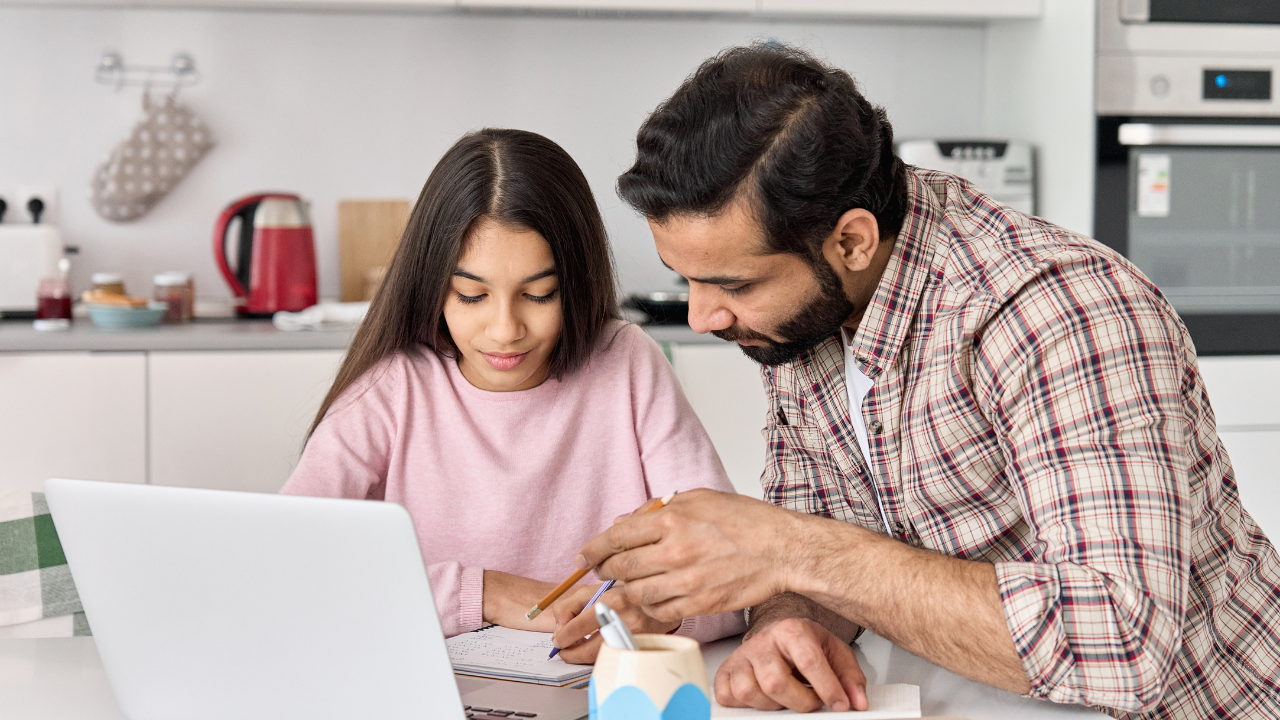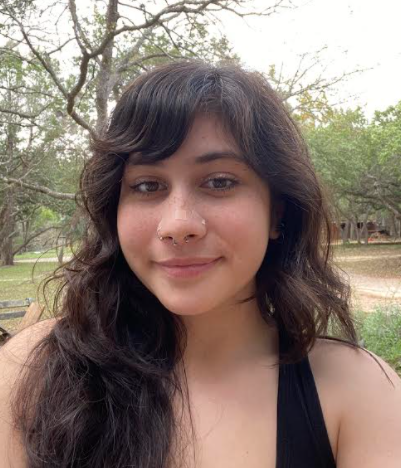Advice From a Student with Dyslexia: 5 Actions You Can Take To Support the Social-Emotional Learning of Your Student with Dyslexia


Hope’s Journey with Dyslexia
Hope and her brother were both diagnosed with dyslexia in elementary school. Hope had always struggled with reading and spelling. She found it difficult to be in a classroom where she felt everyone around her was succeeding while she was struggling.
Hope can distinctly remember being consistently stuck at the lowest reading level throughout first grade. She watched as her classmates were able to move on while she couldn’t. She felt like she had all of the pieces to read right in front of her but she couldn’t put them together. They just weren’t clicking. As she struggled to advance at the same pace as her classmates, she began to feel like she was falling further and further behind.
Once she received her diagnosis, she recalls her parents feeling relieved that they could now pinpoint exactly what she needed help with. As she got older and better understood her diagnosis, Hope began to feel a sense of empowerment.
(Original artwork by Hope McNabb)
Here are 5 Actions Hope Suggested You Can Take to Help Support the Social-Emotional Learning of Your Student with Dyslexia:
Get 1:1 Assistance
Having a dyslexia diagnosis is not an easy journey to go through. Have conversations as a family to help understand what exactly dyslexia is. When you receive a diagnosis, you might be left thinking, “Well, what do we do now?”
Having somebody that can work 1:1 with your kids that specializes in learning disabilities or dyslexia can really help a lot.
Do What You Can to Help Make Things Easier
Whether you’re a teacher or a parent, there are little things you can do (aside from the specified accommodations) to help make life a little bit easier for your dyslexic student. This might include sending voice memos as communication instead of text messages or giving them more time to complete a task.
Your student might not even understand yet how to express their struggle to you, so anything that you can do to make that easier for them will make a massive difference. It will take a lot of time and effort, but it’s important to work with your child and their ability, as opposed to trying to make them into something they’re not.
Encourage and Support Self-Advocacy
As your student with dyslexia gets older, support them as they navigate advocating for themselves in middle school through college. Encourage them to make teachers and support staff aware of their accommodations, struggles, and what they need to be successful.
Continue to Encourage Advanced Learning
There is a common misconception that students with dyslexia are not intelligent and that couldn’t be further from the truth. In fact, Hope even took on numerous advanced placement (AP) courses throughout high school and is now enrolled in college. Do not assume that a student with dyslexia can’t excel in their academics.
Take Note of the Students Who Seem Checked Out
In many instances, those students who appear to be slacking off or unmotivated are actually the ones who need the extra help, push, and accommodations to get the work finished (or even started.) School is not a competition, but a personal journey. It’s so important to help your students know and understand this!
(Original artwork by Hope McNabb)
To hear more about Hope’s journey, check out our latest episode of the Together in Literacy podcast. If you like what you hear, don’t forget to rate, leave a positive review, and subscribe!
Looking for strategies and resources?
Sign up for our newsletter for news, resources, and freebies delivered straight to your inbox.
We hate SPAM. We will never sell your information, for any reason.


